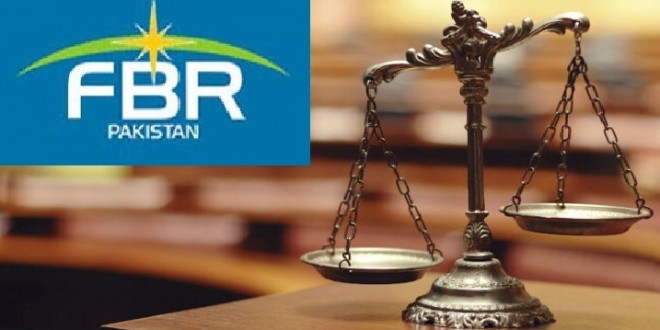ISLAMABAD: As the previous government has failed to introduce reforms in the Federal Board of Revenue (FBR), the new government of Pakistan Tehrik-e-Insaf (PTI) is likely to transform the organisation by dividing it into two separate bodies, management, and policy wings.
According to sources, the new economic team of the PTI led government is considering to take help from private institutions to bring reforms in the FBR. The government may also consider the uncompleted work on reforms started with the help of the World Bank and reforms proposed so far.
“Whatever reforms the new government introduces in the FBR will not be successful until the existing lot in the board is taken on board or consulted. 40 per cent of employees at FBR had resisted reforms introduced previously. Making and directing policies from outside may not work,” said a former head of FBR.
“As the new government intends to make changes in FBR’s structure, it must consult at least the young lot in the board, which is highly qualified and less polluted and corrupted as compared to the seniors. 46 per cent of employees at the FBR is young blood and they could play a pivotal role in transforming the institution,” he said.
According to him, the reforms in FBR were tried and introduced for three times in the past but all were in vain. Every government that comes in power boasts of having turned the FBR around but the end result is back to square zero. The FBR conducted many studies starting from Shahid Hussain Task Force, TARP Reform Document and changes made as per agreement with the International Monetary Fund (IMF) but they were hardly implemented.
He said “Though Dr Isharat Hussain and other senior economists may introduce better reforms in the FBR and other institutions, the ideas of young people qualified from foreign universities should also be consulted for making a sustainable and implementable policy.”
According to insiders, the new economic team of the government headed by Asad Umar will replace the existing head of various organisations including the State Bank of Pakistan (SBP), Board of Investment (BoI), the Securities and Exchange Commission of Pakistan (SECP), FBR, Planning Commission, and the finance division. The first priority of the government is to increase revenue by targeting new taxpayers. Revenue of the board, as per available data, is only 10 per cent of the GDP, which is one of the lowest in the world.
According to experts, the problem of FBR, apart from the loopholes in the taxation system, is also lack of autonomy and consistency in policy. The head of the organisation is usually appointed on political grounds, without tenure protection. The government, and especially the parliamentary committee usually interfere in the taxation system.
According to a report, the FBR has a workforce of about 30,000 personnel and more than 100 officers in BS-21 and a dozen in BS-22. The FBR maintains a huge organisation but ends up collecting just 10 per cent of the GDP. There is a general perception that the FBR collects 90 per cent of its revenue from over 100 main corporate entities. Out of the 220 million population, only 0.1 million pay more than Rs0.1 million and another Rs0.4 million taxpayers make minor payments.

























